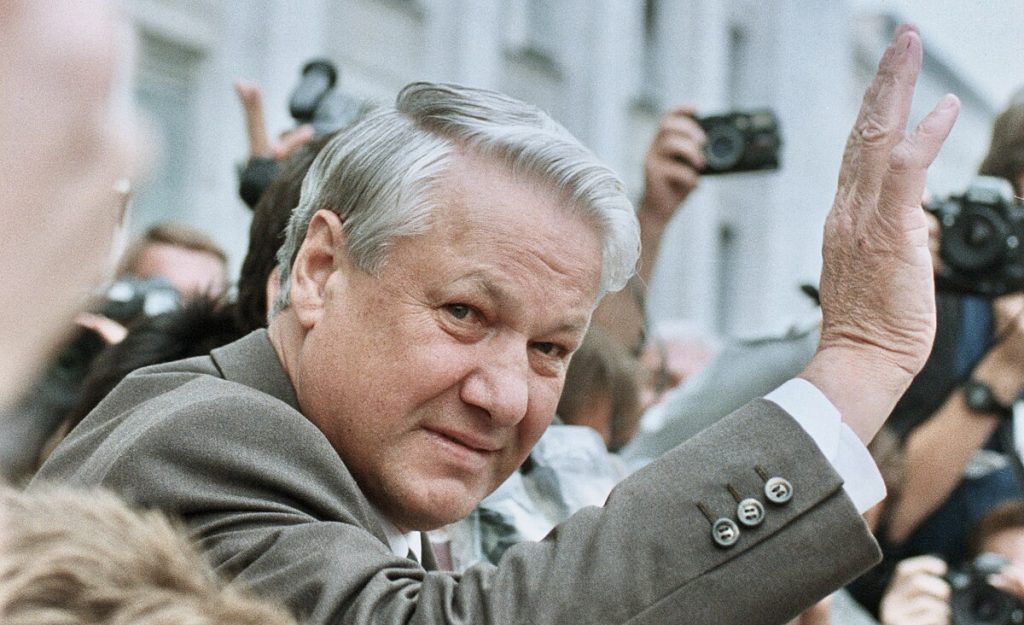
July 10th echoes with the whispers of history, encompassing moments of scorching heat, warfare, technological marvels, economic shifts, environmental struggles, and political change.
One sweltering day in 1913, Death Valley in California etched its name in the record books as the hottest place on Earth, reaching a staggering 134°F (56.7°C).
Centuries earlier, in 1645, the clash of steel marked the Battle of Langport, a pivotal moment in the English Civil War. Fast forward to 1940, and the skies above Britain became a battleground as the Battle of Britain unfolded during World War II.
Innovation took center stage in 1962 with the launch of Telstar, the world’s first communications satellite. This groundbreaking technology allowed for the transmission of live television images across vast distances, forever changing the way we connect.
Economic tides shifted in 1967 when New Zealand bid farewell to the New Zealand pound and embraced the New Zealand dollar as its official currency.
Peace efforts were tragically disrupted in 1985. The Rainbow Warrior, a Greenpeace ship symbolizing environmental activism, was sunk by a bomb in Auckland Harbour, New Zealand. This act of violence, later attributed to French intelligence agents, resulted in the death of a photographer on board.
The year 1991 witnessed a significant political transformation. Boris Yeltsin took the oath of office as the first elected president of the newly formed Russian Federation, marking a new chapter in the post-Soviet era.

July 10th serves as a reminder that history is a tapestry woven with diverse threads. From the scorching heat of Death Valley to the birth of groundbreaking technology, the echoes of war and cries for environmental justice, and the winds of political change, this day offers a glimpse into the ever-evolving human story.



